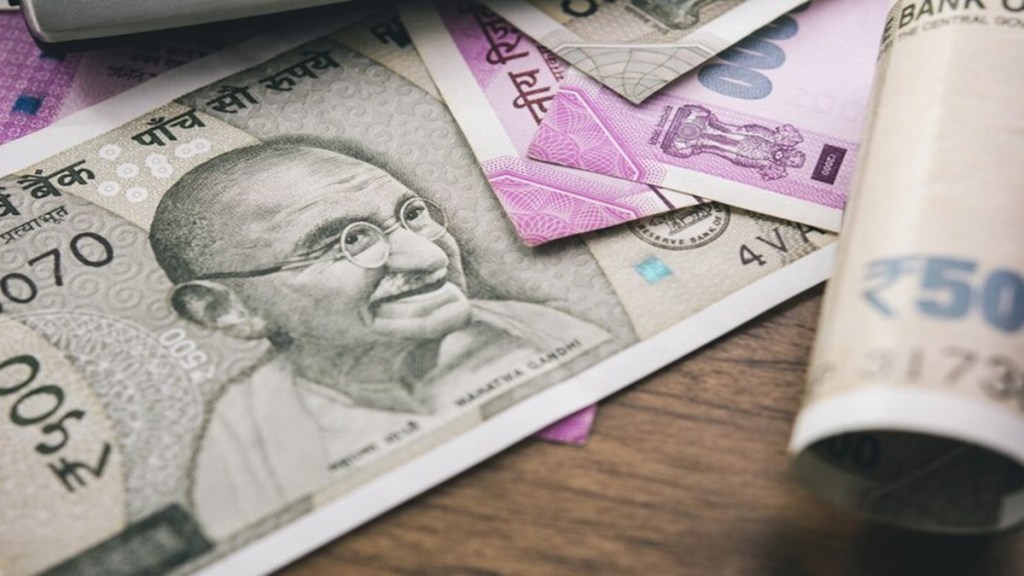Deposits in no-frills Pradhan Mantri Jan Dhan Yojana (PMJDY) accounts moderated slightly to Rs 2.62 lakh crore as of July 23, from an all-time high of Rs 2.63 lakh crore on April 9, according to the latest official data.
The data also showed that the average cash balance in each account moderated to Rs 4,680 from Rs 4,760 during the same period.
Meanwhile, the total number of PMJDY accounts rose to 559.8 million as of July 23, up from 552.8 million on April 9. So far, banks have issued 385.6 million RuPay debit cards to beneficiaries under the scheme.
From benefit gateway to deposit engine
Although many accounts were initially believed to be opened to facilitate receipt of government benefits, they have also become a significant source of low-cost deposits for public sector banks.
Launched on August 28, 2014, PMJDY aims to provide universal banking access by ensuring at least one zero-balance bank account for every unbanked household. Key features include a Basic Savings Bank Deposit (BSBD) account, an overdraft facility of Rs 10,000, and a free RuPay debit card with an inbuilt accident insurance cover of up to Rs 200,000.
There is no minimum balance requirement, and deposits in these accounts earn interest at rates between 3% and 4%.
KYC push ahead of 10-year milestone
With the programme completing 10, account holders are being encouraged to update their Know Your Customer (KYC) details. On Sunday, Prime Minister Narendra Modi urged banks to proactively reach out to account holders for this purpose.
Since July 1, banks have covered nearly 100,000 gram panchayats under this initiative.
“With the initiative continuing in its full spirit, I urge people with Jan Dhan bank accounts to come forward, attend these camps & get their KYCs done,” Modi said.
As per the latest data, number of beneficiaries at rural/semiurban centre bank branches stood at 373.6 million while beneficiaries at urban metro centre bank branches were at 186.2 million. Rural-urban female beneficiaries were 312.1 million.
The JAM Trinity—Jan Dhan, aadhaar and mobile—has been pivotal in enabling real-time, technology-driven direct benefit transfers (DBTs), especially during the Covid. It has significantly strengthened delivery of welfare schemes to low-income households.

